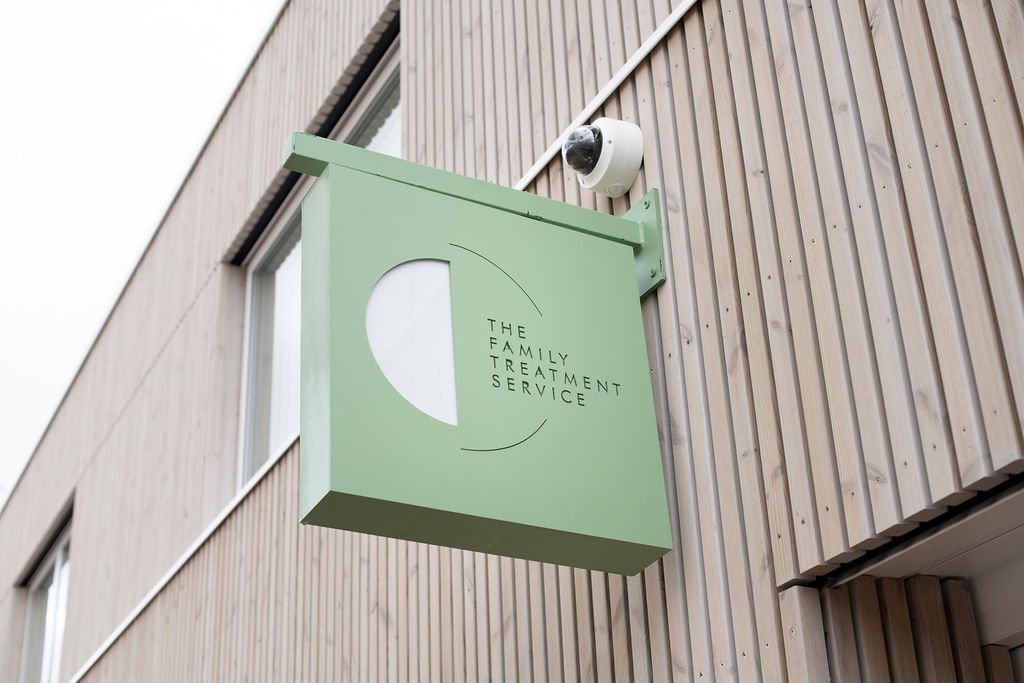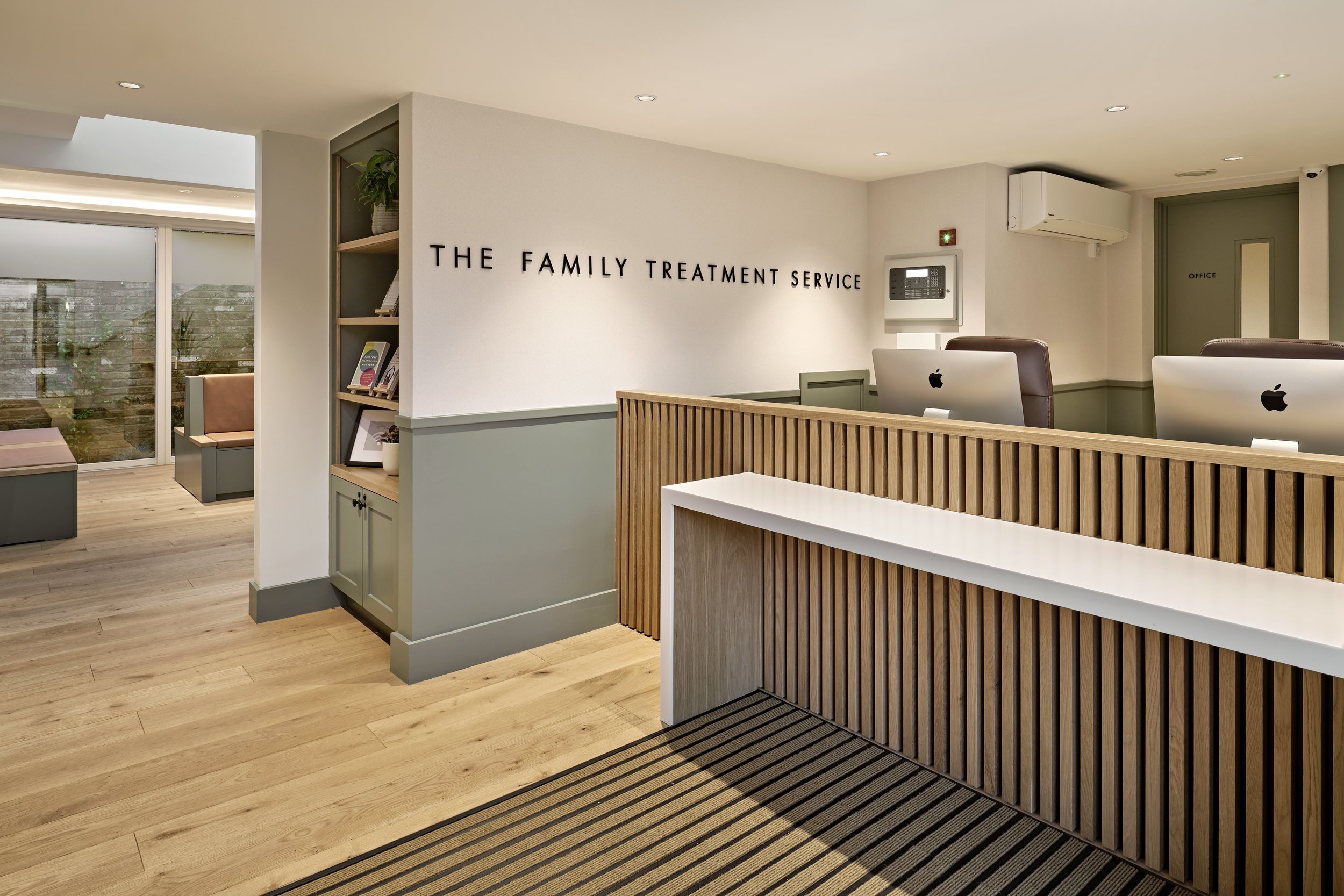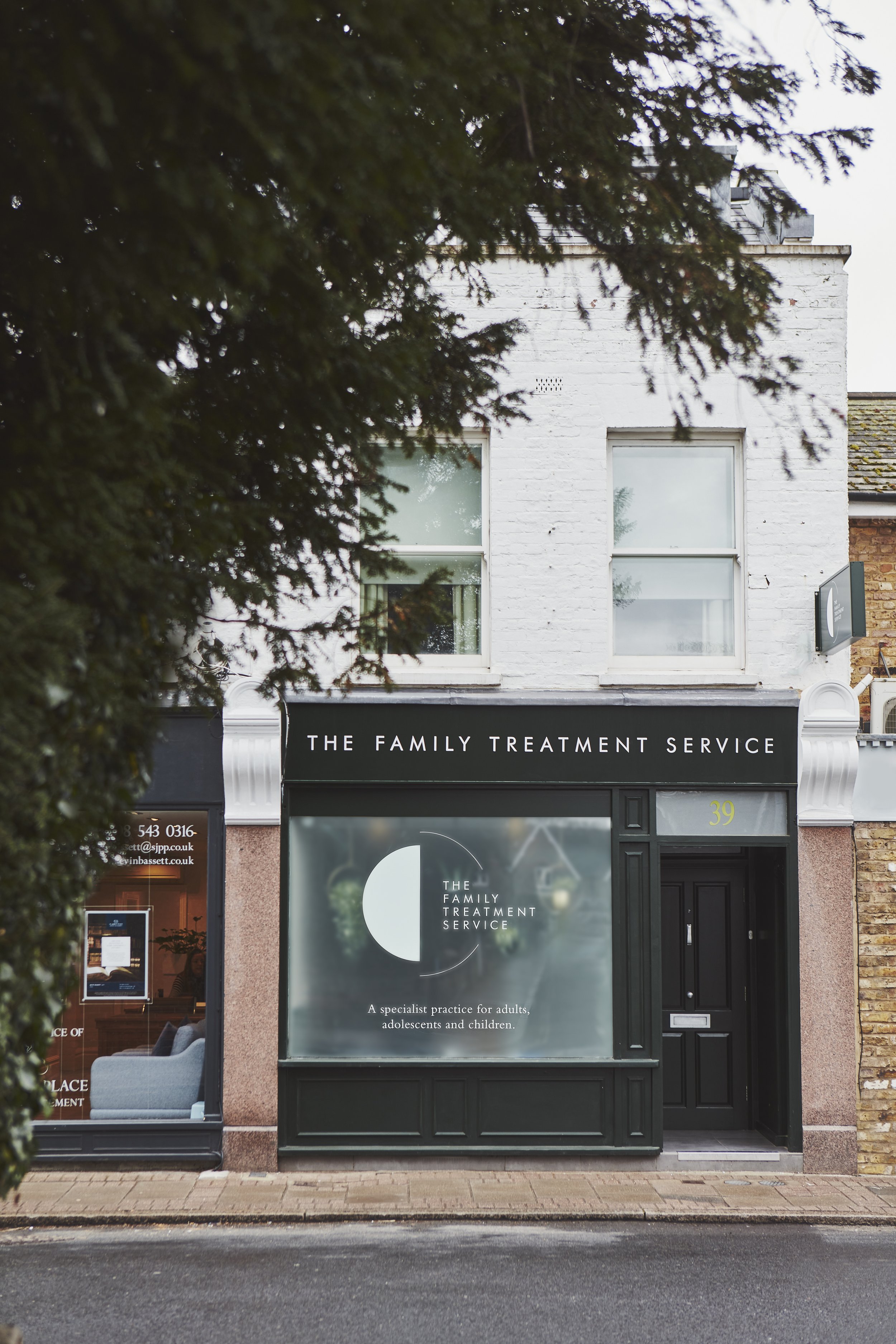
We are a not for profit, private Eating Disorder Service in London
Our multi-disciplinary team of experienced clinicians specialise in eating disorders, disordered eating, self-esteem and body image. We provide expert, evidence-based treatment to promote both physical and mental wellbeing in our clients.
We work to support you to develop a better relationship with your mind, body and nutrition and a kinder view of yourself at our london clinics and online.
Who We Are
Evidence-based, personalised care
The Eating Disorder Service is a supportive and welcoming private clinic in London. We provide flexible access to evidence-based, expert eating disorder treatment, tailored to individual needs. Our multi-disciplinary care is client-centred and personalised, promoting both physical and mental wellbeing in our clients. The service includes eating disorder assessments, individual and family therapies, psychiatry, specialist occupational therapy and specialist dietetics and nutrition.
What we Treat
Types of Eating Disorders
Our Services
Psychiatry
We offer comprehensive psychiatric assessments and ongoing treatment for children and adolescents struggling with eating disorders. Our Child & Adolescent Consultant Psychiatrist assesses and manages medical risk, whilst working collaboratively with our multidisciplinary team to ensure you or your child meet their recovery goals.
Individual Therapies
We offer several different types of individual psychological therapies, all of which are evidenced-based treatments. These include Cognitive Behavioural Therapy (CBT), Enhanced Cognitive Behavioural Therapy (CBT-E), Cognitive Behavioural Therapy for ARFID (CBT-AR), Cognitive Analytic Therapy (CAT), EMDR (Eye Movement Desensitisation Reprocessing) and Dialectical Behavioural Therapy (DBT)
Family Therapy
Family therapy is recognised by the NICE guidelines as an integral part of Eating Disorder treatment. We believe that the whole family system around anyone who is experiencing an eating disorder needs help and support, and that they are a key resource in helping the sufferer fight the illness and return to a healthy weight.
Specialist Occupational Therapy
Occupational Therapist (OT) can help you increase your confidence and independence in daily tasks, enhancing your quality of life and supporting you towards recovery. Occupational Therapy can be especially beneficial after being discharged from an in-patient hospital, day programme, or NHS out-patient service.
Specialist Dietetics & Nutrition
Our team of specialist dietitians and nutritionists have a wealth of experience in eating disorders. Our registered dietitians can work with you to achieve medical stability and metabolic recovery. They can also provide expert assessment and advice around managing the process of refeeding.
How Our Service Works
-

Get in touch
Fill in our client registration form to give us an understanding of how we can help.
-

Personalised Advice
We provide tailored recommendations designed to provide effective results, with clear expected timescales and costs.
-

Begin Your Treatment
Start your care with expert-led and evidence-based treatment.
What sets us apart
-
As a not-for-profit practice, we are clinically, not commercially driven - meaning our advice always puts our clients’ best interests at heart.
-
We employ best in class clinicians, with a focus on exceptional quality and compassionate, evidence-based treatment our clients can trust.
-
Our multi-disciplinary service offers access to a range of therapies and treatments. Our triage approach ensures care plans are tailored to individual needs.
Eating Disorder Service FAQs
Thank you for enquiring about our Eating Disorder Service treatment process. Here are some details about how the service works:
-
We have two types of initial appointment clinician led and Psychiatrist led.
Both are designed to understand the history and details of the current concern.
You will be asked about early years development, medical and family history, experiences of education or work places and future plans. We will spend time understanding the aetiology of the current concern and how it has progressed to the current day.
We will also take current height, body weight and may check blood pressure, temperature and pulse.
A holistic view of the individual will be created from this to inform which treatment will be best suited.
The appointment will also include some psychoeducation about specific eating disorders and advice around first steps to recovery.
If you are seeing the Consultant Psychiatrist you may be given a formal diagnosis.
We will make initial recommendations for specific clinicians where possible at the appointment but on occasion your situation may require case discussion and we will be in touch with recommendations.
After this any letters or reports will be sent along with your care plan for treatment at the clinic.
-
This will depend on your individual situation. Where possible we will try to minimise this and all our clinicians are extremely experienced at supporting recovery. However there may be times when it is required as part of a treatment plan.
The clinical rationale will be discussed with you along with suggested clinicians to see and appointment frequency.
-
Both the assessment options are designed to create an understanding of the condition being experienced by the individual, however the only person able to formally diagnose an eating disorder is a Consultant Psychiatrist.
If you are attending a clinician assessment we will offer an explanation as to what diagnostic threshold the symptoms you are experiencing are meeting, however this would not be a formal diagnosis.
-
It is helpful to bring a short food diary from the previous 3 days.
If you have had any relevant previous assessments it would be helpful to send this to the clinic prior to your appointment so that the assessing clinician can review it.
Depending on the assessed medical risk you may be asked to visit your GP to get bloods and an ECG prior to your appointment but this will be discussed with you if required.
-
Recovery is a journey and can take some time. Factors that will impact this are condition type, psychological distress, length of illness, motivation to recover, starting body weight.
There are national clinical guidelines which offer evidence based treatment options and guidance on treatment type and length. This can be between 10-40 sessions. This will be discussed at your initial assessment and ongoing with the clinicians that you work with.
-
All our clinicians are extremely experienced at interpreting and managing risk. However in order to ensure that all clients have safe experience at the clinic we are not able to hold certain levels of medical risk. Where possible we will try to facilitate shared care with safe levels of medical risk with GPs or Consultants.
At present we cannot support adult individuals with a BMI under 14.5kg/m2.
Any young people below a weight for height percentage of 75% will be considered case by case with evaluation of wider risk factors and medical stability.
Our London Clinics













Explore Our Resources
-

Webinars
-

Workshops
-

Support Groups
-

Resources

















